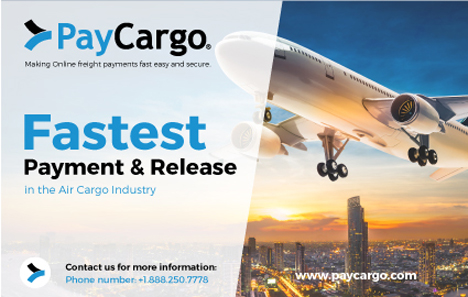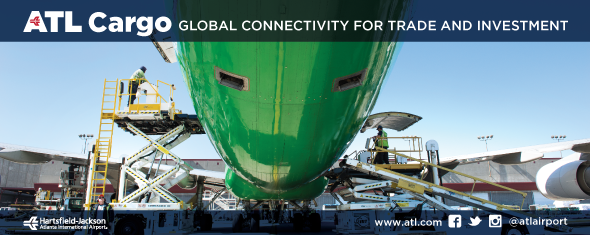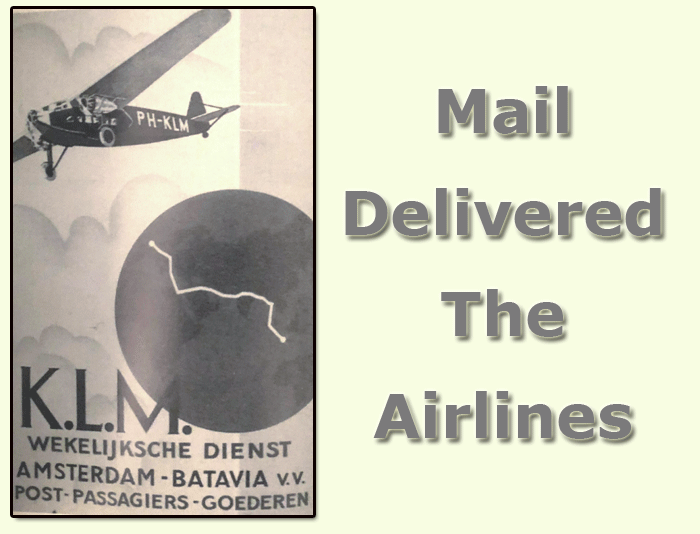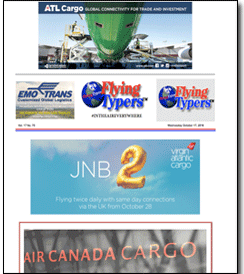 |
The rapidly growing trade in e-commerce
shipments into the U.S. could be severely disrupted by the Trump administration’s
order earlier this month instructing the U.S. Postal Service (USPS) to
withdraw from a treaty setting shipping rates with nearly 200 countries.
In a two-part feature, SkyKing examines why the step was taken, what it
means for shipping costs and who will be the winners and losers.
The decision of the White House to pull
USPS out of the Universal Postal Union (UPU) treaty, which was first drafted
in 1874 and sets fees that national postal services charge to deliver
mail and small parcels to countries globally was not a huge surprise.
The White House said it had been unable
to reform the treaty and would instead seek to “negotiate bilateral
and multilateral agreements that resolve the problems”. Some analysts
viewed the decision as an extension of the country’s ever-growing
front in the trade war with China, but most agreed that reform had been
required not least because the USPS loses money on providing the service
- posting a loss of more than US$135 million handling foreign mail in
2016.
The Set Up
Under the treaty’s existing structure,
which was, for the most part, put in place in 1969, poor and developing
countries have been assessed at lower rates than wealthier countries in
Europe and North America. According to a research paper by James I. Campbell,
Jr. cited by Nomura, in 2014, those in Group 1.1 classification (Australia,
North America, Western Europe, UK, Japan) undercharged last-mile delivery
of inbound letters and small packages to the tune of $2.1bn in 2014.
Out of this amount, the uncharged amount
by the United States amounted to $255.2m during that year.
Call For
Restructure
The rapid wealth advances made by many Asian
countries had prompted growing calls for the current system to be restructured
long before the Trump administration made its withdrawal announcement.
The China
Edge
For example China is still adjudged to be
‘developing’, making it cheaper to ship products by air from
China to New York than from the Midwest to New York.
While this trend has encouraged the rapid
growth of international e-commerce and boosted Transpacific air freight
demand, many American companies have claimed them it has rendered them
uncompetitive in their own domestic market.
Toward Better
Rates
According to Nomura, the Trump administration’s
withdrawal of USPS from UPU is an attempt to negotiate better rates under
the terminal dues structure, which was introduced back in 1969 by UPU.
“The current terminal dues structure
is believed to have put USPS at a disadvantage given the last-mile cost
mismatch incurred by USPS and what it actually collects from the postal
sender for last-mile shipment,” it said.
“For example, postage costs of mail
from China to a certain address in San Francisco can be much cheaper than
interstate mail within the U.S.”
The analyst said the UPU was a mispriced
trade policy to begin with. “In a nutshell, under the UPU structure,
higher-tiered developed countries (as per ranked by UPU) such as the U.S.,
Australia, Western Europe, UK and Japan are essentially subsidizing partial
costs of the last-mile delivery costs for mail items sent by lower-tiered
countries,” it said.
Chinese Shipments
Hurt USA
“Trump is making a case on how the
wave of Chinese shipments from e-commerce market places are hurting the
USPS, logistics players and local online retailers that are left with
no choice but to charge higher shipping fees to their customers locally.”
Jim Campbell, a lawyer and consultant on
postal issues, said recently that the main problem with the UPU was that
its pricing system did not reflect the massive rise in international e-commerce.
“The low terminal dues rates have
always been unfair and distortive, but the rise of e-commerce has …
hurt merchants and created serious political problems in industrialized
countries,” he said.
China is “now the largest source of
e-commerce postal packages sent to the U.S.
“China Post gets a larger discount
on deliveries of inbound packages than Singapore or industrialized countries,
so it is easy to use China as an example to stand for the whole problem.”
Watch On A Year
Although there is no set date yet for U.S.
withdrawal from the UPU, it is expected to take about a year. Washington
has said that on its departure it will introduce its own rates for the
handling of international shipments by “no later than January 1,
2020”.
Nomura expects bilateral negotiations could
be the way to go for USPS.
“It is understood that the withdrawal
process from the UPU may take a year and, during the process, the U.S.
will negotiate for a fairer terminal dues structure with UPU,” it
said. “In the interim, postal services provided by the USPS for
U.S.-bound mails from other countries will be negotiated on a bilateral
basis rather than through UPU’s terminal dues structure.”
But who will ‘win’ and who will
‘lose’ from the Trump administration’s withdrawal will
appear here in Part 2 that will be published this week Wednesday October
31.
SkyKing
|







 Vol.
17 No. 70
Vol.
17 No. 70 Vol.
17 No. 71
Vol.
17 No. 71